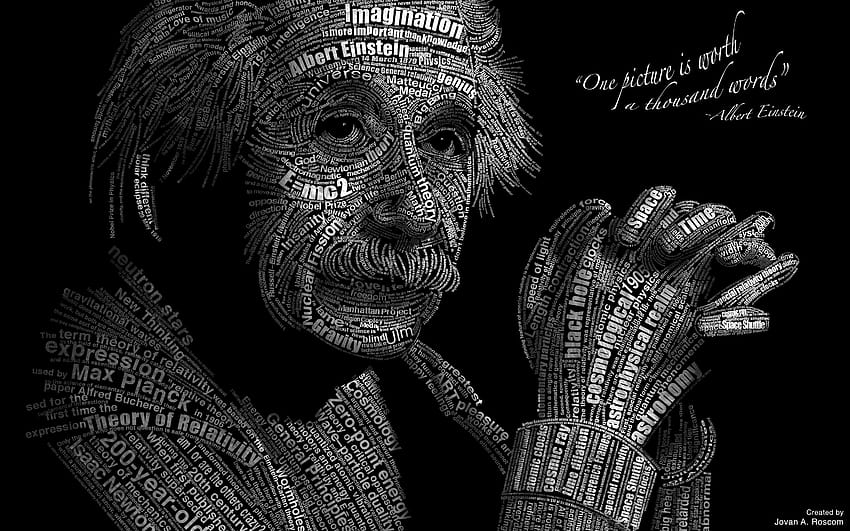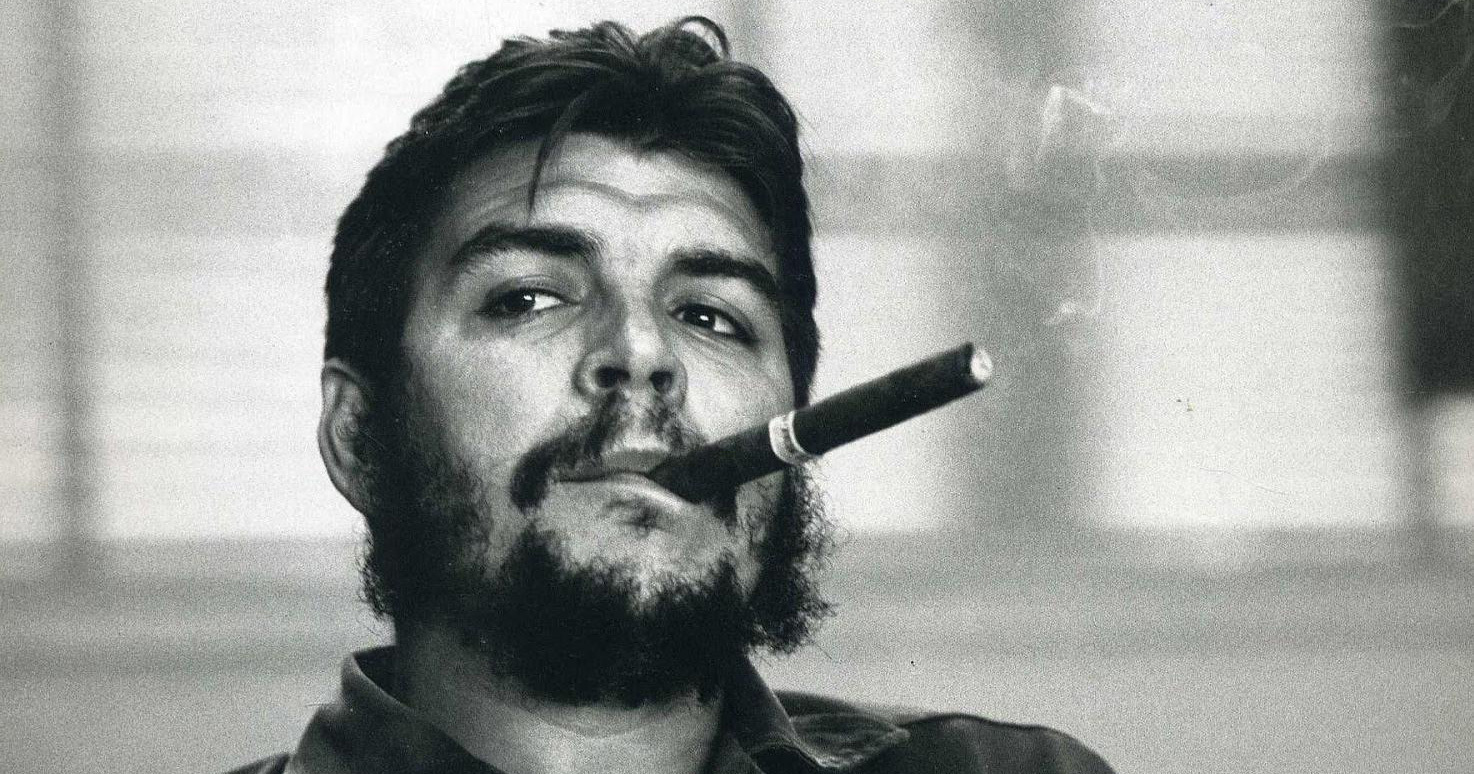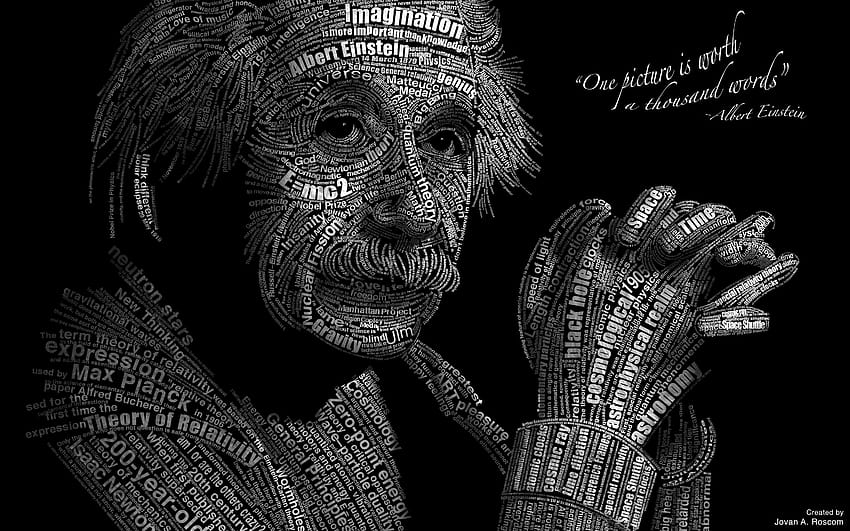Che Guevara
Ernesto "Che" Guevara, brought into the world on June 14, 1928, in Rosario, Argentina, is a persevering and complex figure whose life and heritage keep on charming individuals "The expression 'all over the planet' alludes to everyone of the various nations and spots across the globe.". A doctor, communist progressive, guerrilla pioneer, and vital participant in the Cuban Unrest, Che Guevara made a permanent imprint on twentieth-century history. This far-reaching investigation digs into different features of Che Guevara's life, covering his initial years, association with the Cuban Upheaval, worldwide progressive exercises, passing, and persevering through influence.
**Early Life and Education:**
Ernesto Guevara came from a working-class Argentine family, and his initial years were set apart by an interest in writing, sports, and legislative issues. In 1947, he signed up for clinical school at the College of Buenos Aires, where his openness to the ruined states of minimized networks powered his blossoming progressive enthusiasm. During his examinations, Guevara left on groundbreaking bike ventures across South America, chronicled in his journals, uncovering his developing attention to social foul play and disparity.
**The Bike Diaries:**
Che's bike processes, as recorded in his journals and later promoted in the film "The Cruiser Journals," gave an extraordinary encounter. The experiences with destitution, double-dealing, and social disparity made a permanent imprint on his perspective, forming the progressive standards that would characterize his later activities. The excursion not only presented Guevara with the brutal real factors faced by a larger number of people in South America but also developed his craving for social change.
**Cuban Revolution:**
Guevara's progressive process genuinely started when he met Fidel Castro in Mexico in 1955. Joined by a common vision of ousting the U.S.-supported Cuban despot Fulgencio Batista, Guevara joined Castro's progressive development. In 1956, Guevara, alongside Castro and a little band of revolutionaries, set forth for Cuba on the yacht Granma. The ensuing years saw Guevara assume a significant part in the guerrilla crusade against Batista's powers.
The Cuban Unrest won on January 1, 1959, with Guevara rising as a critical figure in the progressive government. As Priest of Industry, he intended to change the Cuban economy, carrying out agrarian changes and nationalizing ventures. Guevara's job in the early long stretches of the Cuban Unrest displayed his obligation to communist goals and his faith in the outfitted battle for accomplishing civil rights.
**Worldwide Progressive Activities:**
Che Guevara's progressive energy stretched out past Cuba. Roused by a communist Leninist belief system and a longing to battle dominion, he tried to universally light and back progressive developments. Guevara had confidence in the interconnectedness of progressive battles and considered himself to be an impetus for change past Cuba's lines.
**The Congo:**
In 1965, Guevara dared the Majority of the Republic of the Congo to help progressive powers battling against the public authority. Notwithstanding, the mission confronted various difficulties, including unfortunate associations, inner differences, and a lack of nearby help. The absence of progress in the Congo featured the intricacies of trading the Cuban progressive model to various settings.
**Bolivia:**
Guevara's last progressive undertaking unfurled in Bolivia in 1966-1967. Determined to start communist unrest, Guevara confronted various difficulties, including an absence of neighborhood support, troubles in enrollment, and solid resistance from the U.S.-upheld Bolivian military. The mission was exhausting, with Guevara and his powers exploring the tough landscape of the Bolivian wilderness. In October 1967, Guevara was caught by the Bolivian armed forces.
**Death:**
On October 9, 1967, Che Guevara was executed in the little town of La Higuera. His detainers, following up on orders from the Bolivian government and with the inclusion of the CIA, executed him the next day. Guevara's passing denoted the finish of his dynamic contribution to progressive developments, yet it hardened his status as a saint for the reason for worldwide upset.
**Legacy:**
Che Guevara's inheritance is complicated and multi-layered. His picture, frequently portrayed in Alberto Korda's notable photo taken in 1960, turned into an image of disobedience and defiant opinions. Guevara's renowned mantra, "Hasta la Victoria Siempre" (Until Triumph, Consistently), keeps on resounding with activists and progressives around the world.
While Guevara remains an image of obstruction and hostility to the government, his inheritance isn't without contention. Pundits contend that his techniques were severe, highlighting occasions of executions during the Cuban Insurgency. Some view his solid position as adding to political restraint in Cuba. Then again, admirers acclaim his commitment to civil rights, his eagerness to battle against apparent shameful acts, and his dismissal of entrepreneur double-dealing.
**Social Impact:**
Che Guevara's picture and thoughts have pervaded mainstream society, showing up on banners, Shirts, and different types of products. In any case, the commercialization of his picture has started banters about the commodification of progressive images and the weakening of their unique progressive implications.
All in all, Che Guevara's life is an account of philosophical responsibility, progressive enthusiasm, and worldwide effect. Whether seen as a chivalrous image of obstruction or a questionable guerrilla warrior, his life and inheritance keep on major areas of strength for inspiring conversations about the idea of upheaval and social change. The intricacies of Guevara's inheritance mirror the more extensive discussions encompassing progressive developments and their chiefs, as well as getting through the battle for equity and balance.



